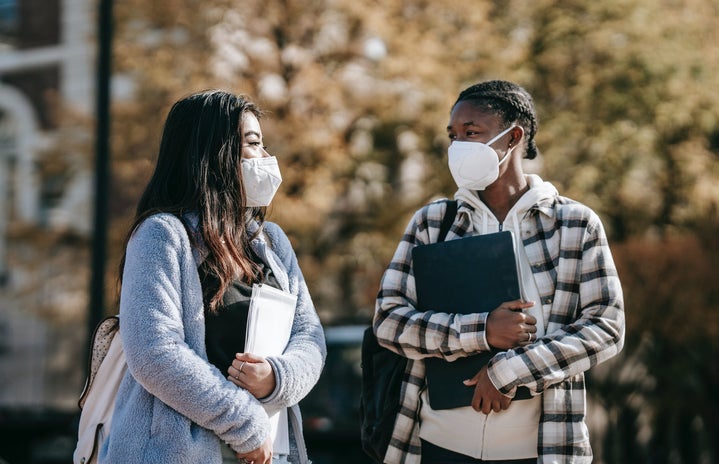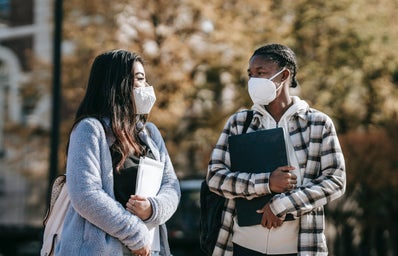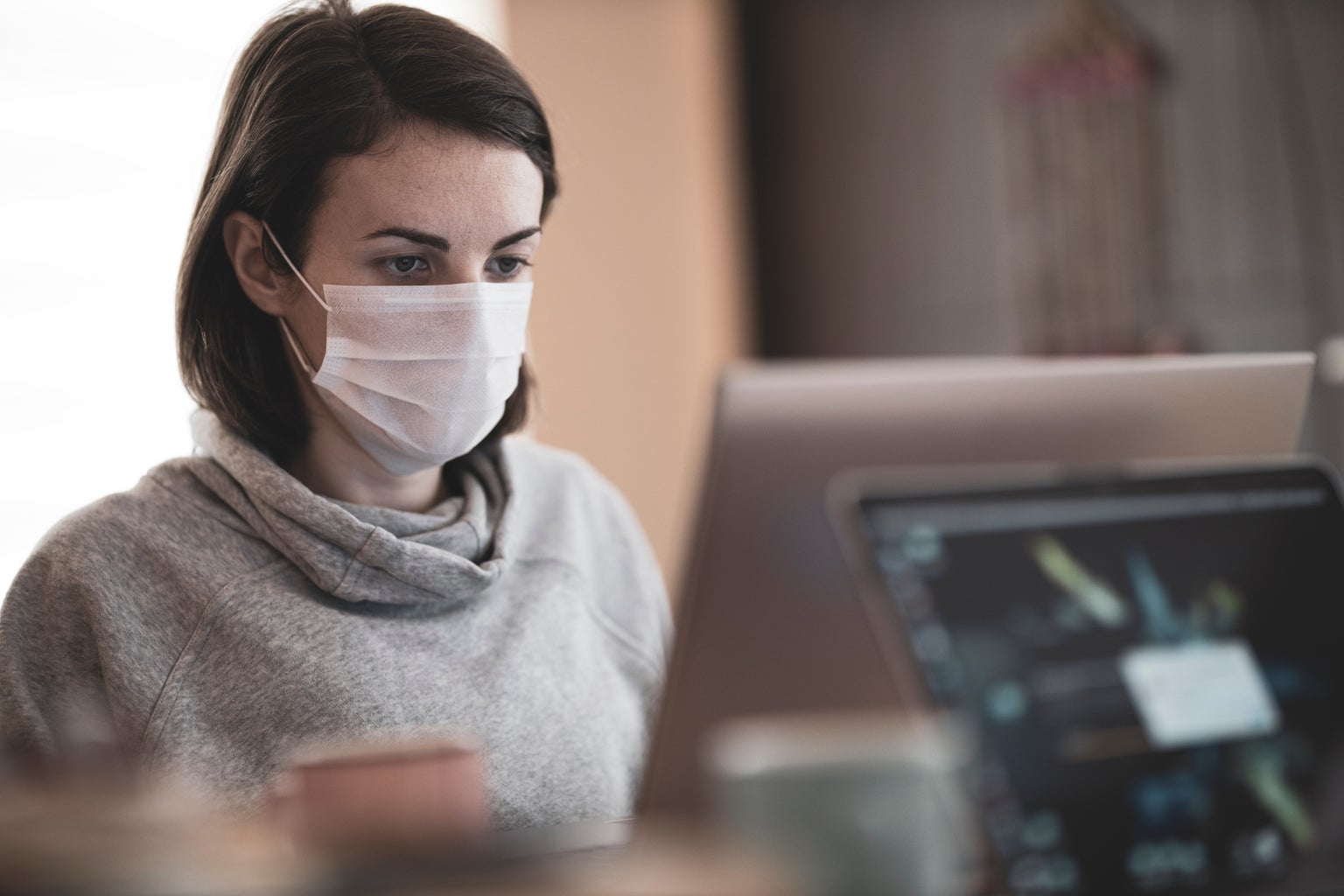As a third-year undergraduate at UC Davis, I had two full quarters of in-person classes before classes moved online in spring 2020. After over a year of having classes completely online, UC Davis returned to in-person instruction in fall 2021. Classes in 2022 began online, due to spikes in cases as new variants spread, and then transitioned to in-person or hybrid learning, depending on the professor. Now spring quarter is fully back in-person for most students. After experiencing almost every form and combination of class structure possible, I can confidently say that hybrid classes are the best option.
I think we can all agree that fully online school through the beginning of the pandemic was terrible. Zoom school forced us to be extremely isolated from our classmates, professors, and many important campus resources and events. However, when UC Davis transitioned back to mostly in-person classes, it was an abrupt change. I forgot how much extra time it takes to get to campus each day and to walk between classes. Now, having all in-person classes means that each part of my day takes longer than it did before. Awkward gaps between classes mean long days on campus, where I am much less productive. I often have to pack a lunch in the morning or find something to eat on campus, instead of just walking into my kitchen. My two-hour lectures are actually two and a half hours if you include the time it takes to bike to campus and back. In an effort to meet more people when classes were online, I joined more clubs and extracurriculars. When classes went back in-person, social activities in person came back as well. I now find it much more difficult to find time to do homework and balance my suddenly packed schedule.
In addition, rising COVID-19 cases on campus and in our communities are still a constant concern. We are still in a pandemic. Since UC Davis lifted the mask mandate in March, I have been exposed to COVID-19 three separate times. I still wear my mask to classes and indoor settings, but the number of people I know who have had COVID-19 recently continues to increase. The resumption of pre-pandemic “norms” makes it exceedingly difficult to avoid exposure. When students get COVID-19, there are very few requirements stating how professors should support those students to make sure they can keep up with their classes. When professors do not record their lectures or do not offer virtual lab or discussion participation alternatives, it adds unnecessary stress for students who get sick. The overall potential for exposure and lack of alternatives to in-person instruction puts students who are disabled or immunocompromised at an unjust risk. No student should have to risk the health of themselves or their loved ones just because professors will not provide accommodations, or are not sufficiently trained to do so.
I will not argue that many aspects of classes and student life are not better in-person. Having discussions and labs in person has allowed me to get to know my classmates and actually make friends. In-person events on campus help me meet new people from different majors and backgrounds and do fun activities that just aren’t the same online. Also, there is nothing better than grabbing a scone from the Coho and sitting in the sun on the quad. However, if classes were hybrid, these benefits would not disappear. Hybrid classes could increase flexibility for students by making some lectures online, and recording in-person lectures. Labs and discussions that are in-person could have alternative assignments to encourage students to stay home if they are sick, or help students experiencing other types of crises. Finally, having hybrid classes does not mean clubs, events, or other extracurricular activities would be shut down or put online. These could remain in-person, therefore maintaining the social life that was lacking during all online learning.
Given the obvious risks associated with the ongoing COVID-19 pandemic, requiring classes to be hybrid is the obvious answer. Studies from even before the pandemic have shown the benefits of hybrid classes for students. Beyond demonstrating basic regard for human health, hybrid classes also relieve many pressures that students experience. An entire year of classes on Zoom has proven that we have the technology to make students’ lives better. Why waste the opportunity?




